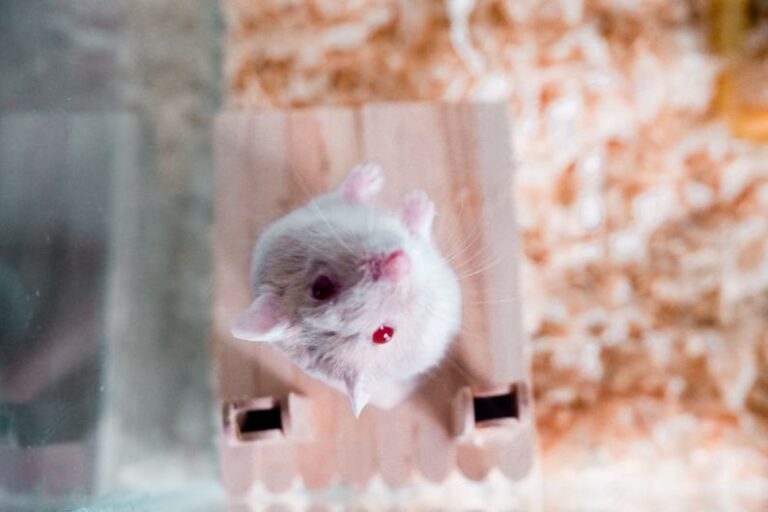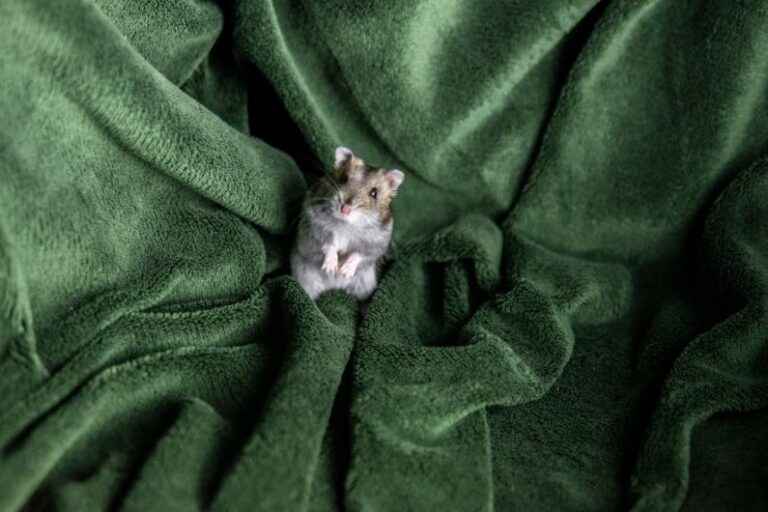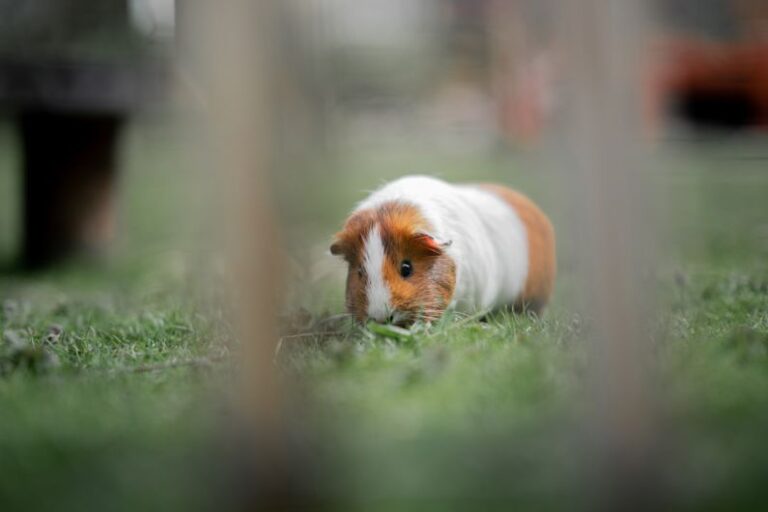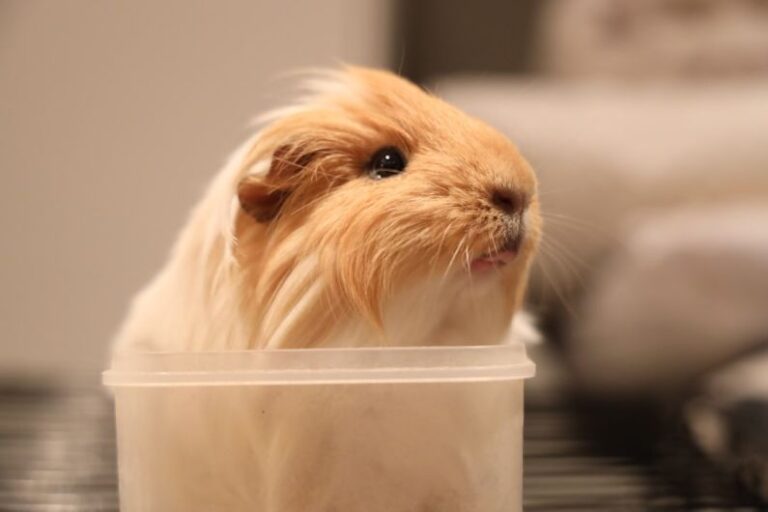
Hamsters are adorable and popular pets that many people enjoy keeping in their homes. Breeding hamsters can be a rewarding experience, but it is essential to do so responsibly to ensure the health and well-being of the animals. In this article, we will discuss how to breed hamsters responsibly to promote the welfare of these small creatures.
Understanding the Responsibilities of Breeding Hamsters
Breeding hamsters is a serious responsibility that requires careful planning and consideration. Before deciding to breed hamsters, it is crucial to understand the time, effort, and resources involved in the process. Breeding hamsters should not be taken lightly, as it requires a significant commitment to providing proper care for the parent hamsters and their offspring.
Choose Healthy and Compatible Hamsters
When breeding hamsters, it is essential to select healthy and compatible parent hamsters. Make sure that both male and female hamsters are in good health and free from any underlying medical conditions. Additionally, it is crucial to consider the temperament and compatibility of the hamsters to ensure a successful breeding process.
Provide Adequate Housing and Nesting Materials
Before breeding hamsters, ensure that they have a suitable environment for breeding and raising their young. Provide a spacious cage with separate areas for the parent hamsters and the offspring. Additionally, provide plenty of nesting materials such as shredded paper, hay, or nesting material specifically designed for hamsters to create a comfortable and secure nest for the babies.
Monitor the Breeding Process Closely
During the breeding process, it is essential to monitor the parent hamsters closely to ensure that mating occurs successfully. Female hamsters have a short window of fertility, so it is crucial to be vigilant during this time to prevent any missed opportunities for breeding. Additionally, observe the behavior of the parent hamsters to ensure that they are compatible and not showing signs of aggression towards each other.
Prepare for the Arrival of the Babies
Once the female hamster is pregnant, it is essential to prepare for the arrival of the babies. Make sure that the nesting area is clean, warm, and free from any potential hazards that could harm the newborn hamsters. Provide a balanced diet for the mother hamster to support her health and milk production to ensure the well-being of the babies.
Handle the Newborn Hamsters with Care
When the baby hamsters are born, handle them with care and avoid disturbing the nest unnecessarily. It is crucial to allow the mother hamster to care for her offspring without interference to reduce stress and ensure the survival of the babies. Avoid handling the newborn hamsters excessively, as this can cause the mother hamster to become agitated and potentially harm her young.
Socialize and Handle the Young Hamsters
As the baby hamsters grow, it is essential to socialize and handle them regularly to help them become accustomed to human interaction. Gentle handling and socialization from a young age can help the hamsters develop a friendly and trusting relationship with their owners. Additionally, it is essential to provide enrichment activities and toys to stimulate their physical and mental well-being.
Provide Proper Nutrition and Veterinary Care
Throughout the breeding process and the hamsters’ lives, it is crucial to provide them with a balanced diet and access to fresh water at all times. Additionally, schedule regular veterinary check-ups to monitor the health of the hamsters and address any potential issues promptly. Proper nutrition and veterinary care are essential for the overall well-being and longevity of the hamsters.
Promote Responsible Ownership and Adoption
As a responsible hamster breeder, it is essential to promote responsible ownership and adoption practices. Screen potential adopters carefully to ensure that the hamsters will be going to a loving and suitable home. Educate new hamster owners on proper care, handling, and nutrition to ensure that the hamsters will receive the care they need throughout their lives.
In conclusion, breeding hamsters responsibly requires careful planning, consideration, and dedication to ensuring the health and well-being of the animals. By following these guidelines and best practices for breeding hamsters, you can contribute to the welfare of these small creatures and promote responsible ownership in the hamster community.





